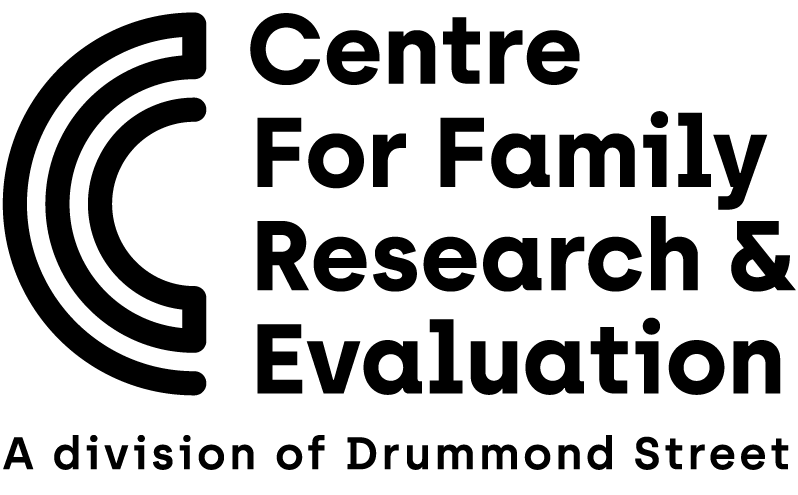The EVA project: Evaluating Violence and Abuse, Building the Evidence
Between early 2018 and mid 2019, CFRE delivered the ‘EVA project: Evaluating Violence and Abuse, Building the Evidence’, funded by the Department of Social Services (DSS). The EVA project aimed to build the capacity of the family violence and related sectors to use and build evidence for their work, with those who use and experience family violence. The project was comprised of a literature review, capacity building workshops and communities of practice forums with practitioners delivering programs around Australia. The findings of this project are intended to inform future policy and further efforts to develop the capacity of the domestic, family violence and related sectors to implement evidence based and evidence informed practice.

Acknowledging the nature of domestic and family violence and the need for all levels of the service sector, including specialist family violence services, to respond; this project worked with a mix of specialist family violence services as well as non-specialist agencies. The project also worked, where possible, with services that provide programs for cohorts of people who are at a high-risk for experiencing family violence, such as those who identify as Aboriginal and/or Torres Strait Islander, those from Culturally and Linguistically Diverse communities, people from LGBTIQ+ communities and people with a disability. It also supported agencies working with people at a key life-course transition points, such as the birth of a baby and relationship separation, where the risk of family violence can be heightened.
As part of the project, CFRE undertook the following activities with workers:
- identifying the aims and objectives of their particular program or service and examples of evidence-based or evidence-informed programs or practices that meet these aims and objectives
- identifying service and client level outcomes, the appropriate tools/instruments to measure outcomes and how their service contributes to the immediate, intermediate and long term outcomes of their clients
- where necessary, developing a program logic, including the identification of the intended outcomes of the program or practice
- developing alternatives (based on research/evidence) when an evidence-based program or practice is not available
- developing a plan for working with specific client groups, where applicable (such as Indigenous or culturally and linguistically diverse communities)
- conducting any other program planning activities relevant to the circumstances, such as change management, staffing issues or concerns
Overall, this project highlighted a need for further investment in capacity building in the family violence and social services sectors to build and use evidence in program planning and development. The project showed the crucial role of research and evaluation and the need for researcher-practitioner partnerships to explore the effects of family violence programs and improve the applicability and availability of appropriate outcome measures.

